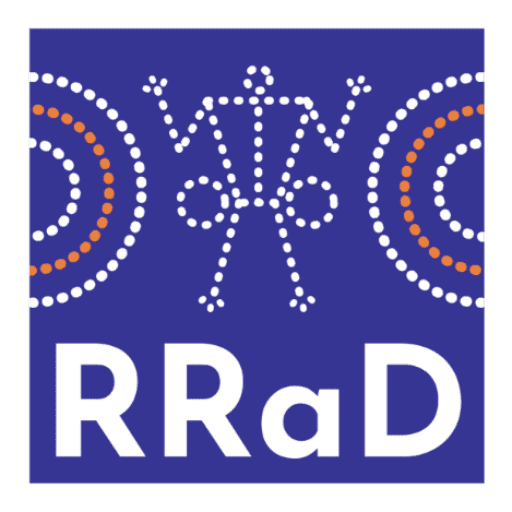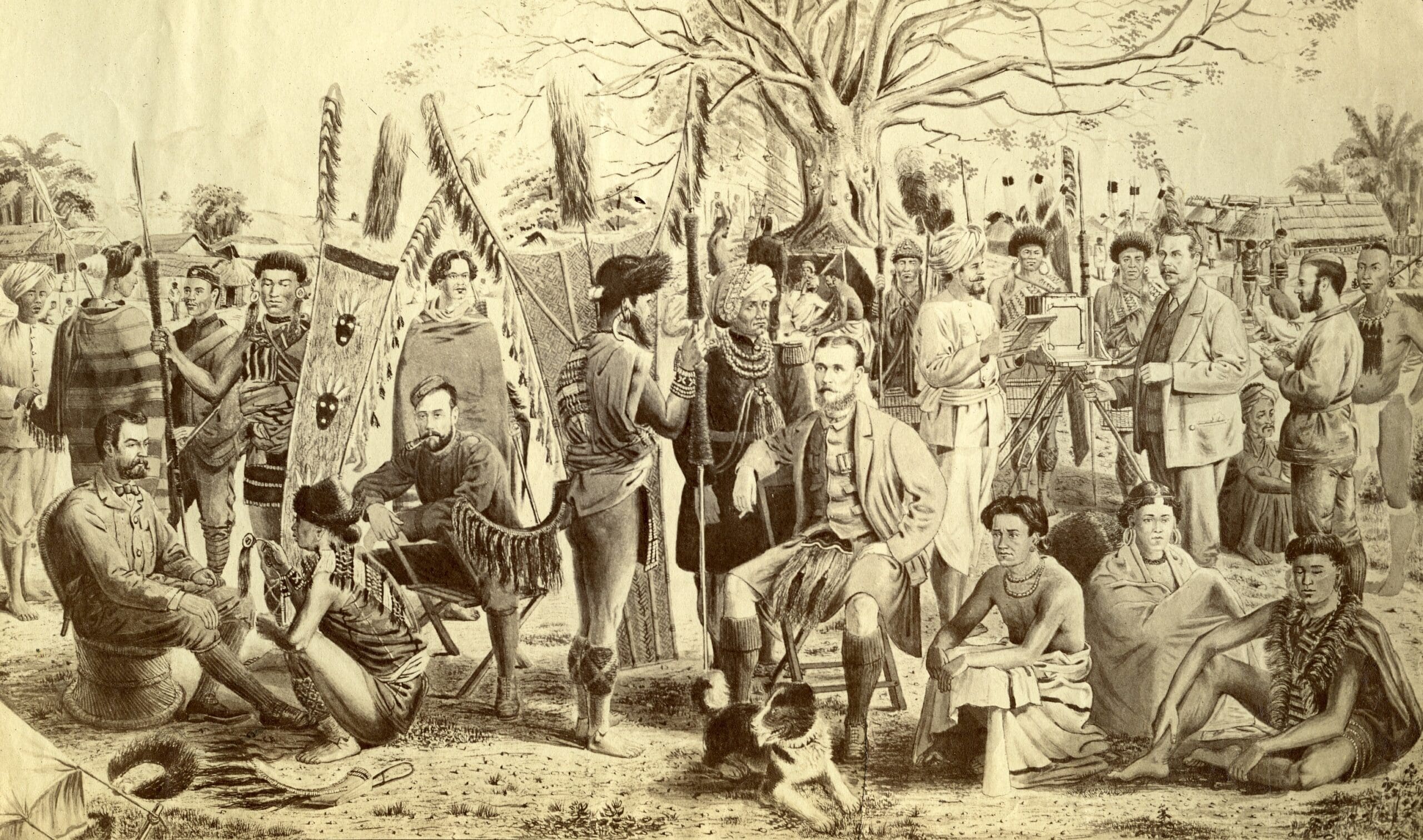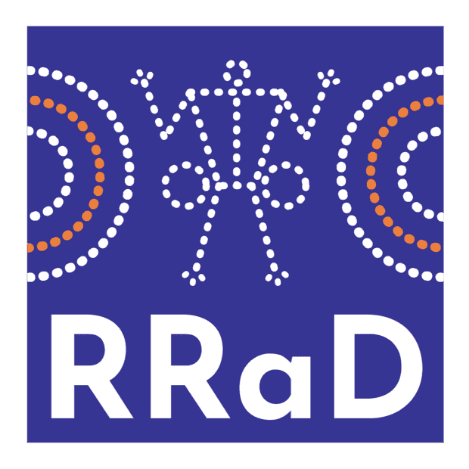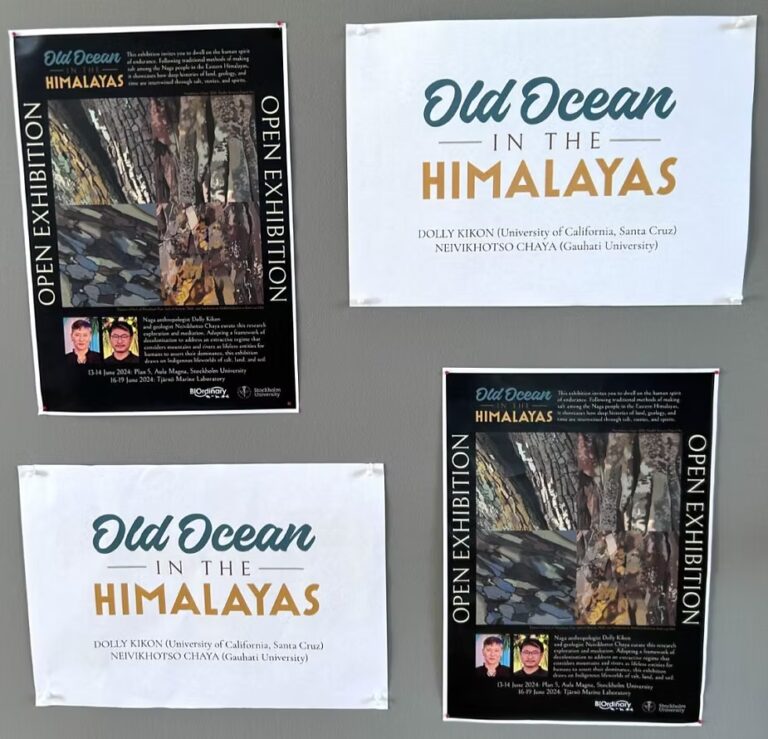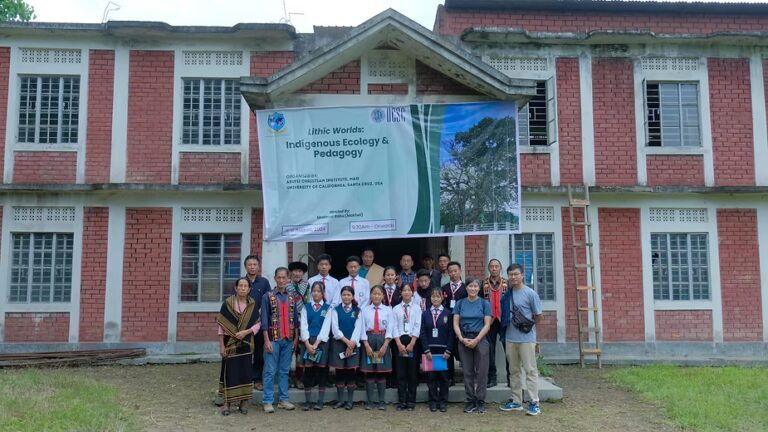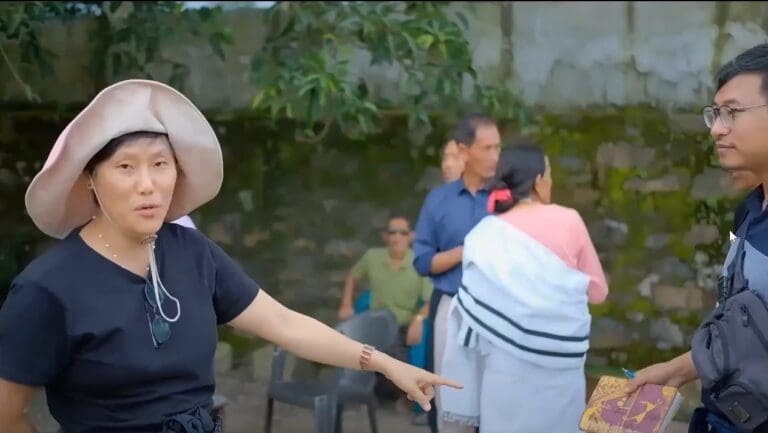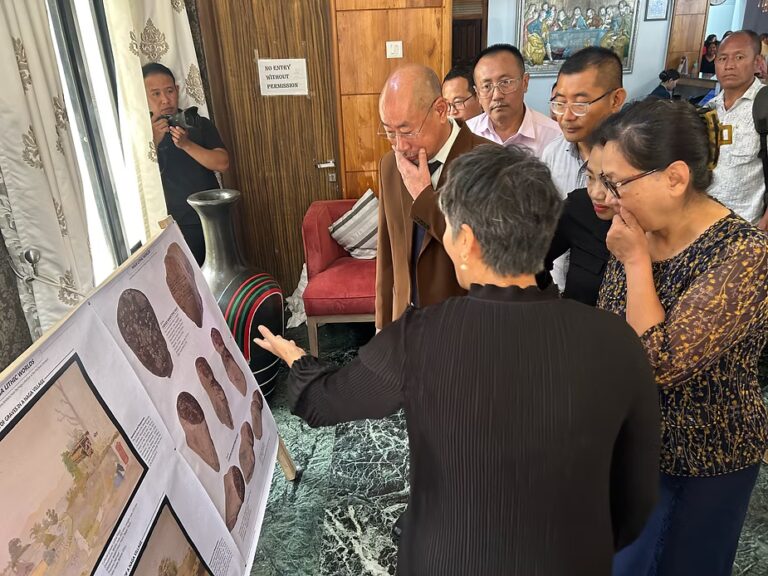The decolonising process attained its heights in the mid-20th century, while simultaneously the Westphalian World Order established its dominance in international politics. Yet, this effort was insufficient in the quest for restoring and nurturing the wholeness of humanity. Historical experience informs us that decolonization was effectively reduced to geopolitical adjustments rather than emancipating and healing all peoples because the process was exclusive and confined to the transfer of power between elites. In this systematic and deliberate manner Indigenous Peoples, including the Nagas, were not included in the decolonisation process. Hence, even though for the Westphalian world the decolonisation era ended, from an indigenous perspective, the pursuit of decolonisation is ongoing.
It is therefore not surprising that the language of decolonisation is once more finding significant meaning and broader application in today’s political and cultural lexicon. Consequently, deconstructing the centuries of Who, Why, When, Where, What, and How colonisation stood for, represented, or involved remains essential in order to grasp the breadth of the journey of decolonisation.
Indigenous economist and writer Winona LaDuke reflects on the word colonisation and says it shares the same root as the word colon, which means to digest. She explains that “colonisation is a process of digestion of one culture by another through military, economic, political, religious mechanisms.” This process of being consumed, she says, is what you see historically, and what we see now. Colonisation as a project impacted all aspects of the ecosystem on Earth – the land, soul, mind, psyche and surrounding natural environment. Through its extensive reach Indigenous Peoples’ lands were colonised in the name of discovery under the doctrine of terra nullis (vacant land), the soul was caged through intensive missionising projects by religious institutions which systematically replaced Indigenous belief systems and practices.
Together with the possession of the land and body, the colonised and oppressed mind became the most potent weapon in the hands of the oppressor. Colonisation was not just physical might and cultural violence, but was sustained by the production of colonial knowledge which was antithetical to Indigenous knowledge and ways of being.
Drawing upon Indigenous worldviews to enable a wide encompassing vision of what decolonisation constitutes is necessary given the hegemonic, domineering and consuming character of colonization. This requires Indigenous People to be intuitive and judicious while developing the decolonisation framework, which will help to distinguish between what decolonisation is and what it is not in order to restore Indigenous People’s wholeness. The Kenyan political writer Ali Mazrui cautions that decolonisation does not mean a total rejection of Western culture, jurisprudence, structure nor its knowledge system, and certainly not “to glorify indigenous institutions.” However, what is certain is that decolonisation definitely must transcend statist goals and geopolitical transitions by offering alternatives to the Westphalian state.
From an Indigenous viewpoint, decolonisation carries a wide spectrum of possibilities. At its center, decolonisation can inform an emancipatory praxis and politics which provide a transformative framework that will create harmonious, and just structures that reflect all peoples aspirations. Decolonisation implies reconceptualising society which makes transformation of the Westphalian state possible. Therefore, as much as decolonisation is about revealing and dismantling, it is aimed at creating a humanizing culture. Indigenous scholar Linda Tuhiwai Smith points out that decolonisation needs to take place at all levels of human interaction – the political, social, cultural, spiritual, and psychological – to truly enable healing, renewal, and restoration. She adds that storytelling assumes a critical part to this process as it involves “telling our stories from the past, reclaiming the past, giving testimony to the injustices of the past.”
Today, in many parts of the world, aspects of decolonisation are already in motion. We hear of research methodologies being decolonised, museums decolonising themselves so that they are no longer ‘preserves of colonialism,’ but becoming spaces for healing and redressal. Similarly, decolonisation is occurring in areas of history, education, curriculum, development, healthcare and it continues to be explored in many more areas of human life. This moment in time offers Nagas the space to think and reflect together on what holistic decolonisation means in the Naga context and more importantly how it can be meaningful and practically applied in our everyday lives. Through this process, we can become emancipated together as we make our world and politics anew.
First published in The Morung Express on September 11 2022
Link: https://www.morungexpress.com/the-contours-ofdecolonisation
